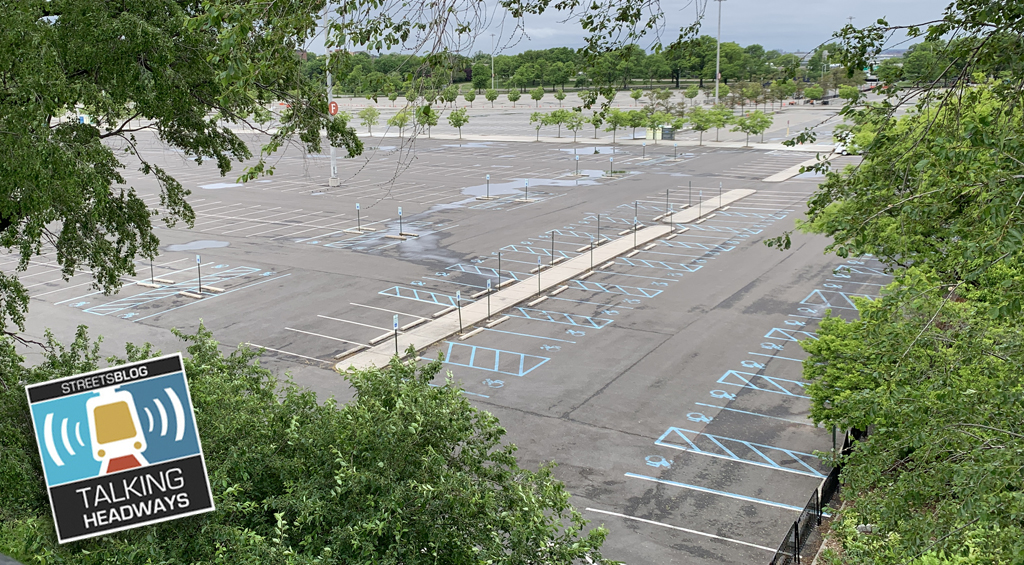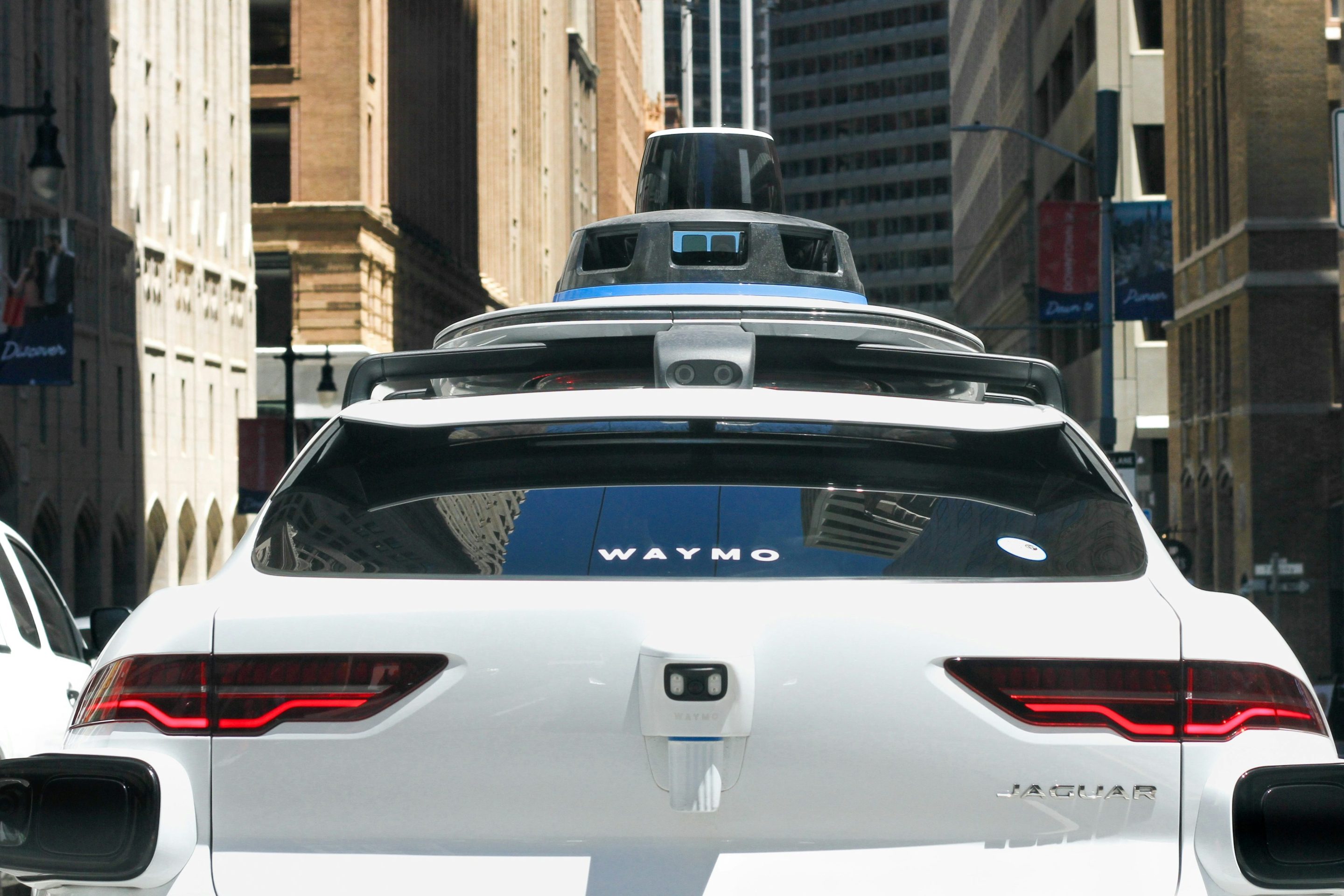
Please remember that December is when we do our annual (no pressure!) donation drive. So please help if you can. Thanks.
- The $14 billion included for transit in the most-recent coronavirus stimulus package will stave off disaster for now, but it's not nearly enough to cover pandemic-related budget holes that could linger for years. (City Lab)
- Traffic deaths dropped 2 percent from 2018 to 2019, but the National Highway Traffic Safety Administration warns that dangerous driving habits during the pandemic may have undone those gains. (Smart Cities Dive) Analysis by Streetsblog's Kea Wilson indicates the NHTSA is cherry-picking data — crashes were actually up slightly, and so were injuries.
- Uber and Lyft could easily give their drivers a safety net, but they won’t. (Fortune)
- Unlike Uber and other ride-hailing or delivery services, successful gig-economy companies like Airbnb treat their independent contractors like customers, rather than a resource to be exploited. (Fast Company)
- How much is your time worth? In terms of getting around, $19 an hour, according to a Lyft study that probably privileges the affluent. (Vox)
- Virginia (Inside NoVA) and New Jersey (WPG) are opting out of the Transportation and Climate Initiative, an interstate pact to tax carbon emissions.
- Washington, D.C. deployed more bike-lane enforcement officers and raised fines for blocking bike lanes but issued fewer tickets this year, most likely due to the pandemic. (DCist)
- The Denver DOT insists that people will hardly notice a $21-million budget cut coming next year. (Denverite)
- A Seattle group is pushing for gondolas to replace future light rail. (My Northwest)
- The Hague will invest $79 million in bike infrastructure over the next five years in an effort to increase cycling 50 percent by 2040. (Cities Today)
- Lyft says it’s planning to launch a robotaxi fleet in 2023. Wake us up if it actually happens. (TNW)





